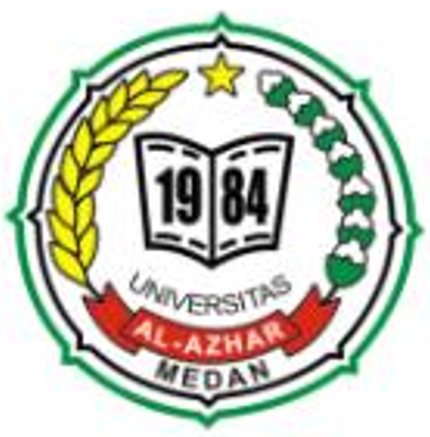Implementation of Solar Power in Automatic Fish Feed System to Improve the Efficiency of Fish Farm Management: A Trial Scale Case Study
DOI:
https://doi.org/10.56862/irajpkm.v2i3.153Keywords:
Automatic fish feed, Solar energy, Operational efficiency, Fish farming.Abstract
This Community Service aims to develop and implement solar-powered automatic fish-feeding tools to improve operational efficiency in fish farming. Using 10 WP solar panels is expected to reduce dependence on expensive and unstable conventional electrical energy, especially in areas with limited energy access. The method used in this activity was a direct trial at the Medan City Fish Seed and Cultivation Center, where several vital parameters were measured, such as tilt angle, azimuth angle, zenith angle, and time clock angle. The test results show that this device can operate effectively by utilizing solar energy optimally, especially when the sun's position is at the right angle. The efficiency of solar panels reaches a high level, allowing the battery to be charged in a relatively short time. The conclusion of this activity shows that this tool can help fish farmers automate feeding in a sustainable and environmentally friendly manner while reducing operational costs. This technology has the potential to be applied more widely, providing a positive impact in increasing productivity and saving costs in fish farming businesses.
Downloads
Published
How to Cite
Issue
Section
License
Copyright (c) 2025 Yopan Rahmad Aldori, Jufrizal Jufrizal, Darianto Darianto, Indra Hermawan, Supriatno Supriatno, Felix Darwin

This work is licensed under a Creative Commons Attribution-ShareAlike 4.0 International License.












